Why do we have such a problem with being called racist?
i wonder if it is because some of us have a slightly messed up understanding of what it means when we talk about racism.
Let me give you an example. When many of us think of racism, we tend to think of this definition that Robin di Angelo [author of the book, White Fragility] uses as an example:
‘An individual who consciously does not like people based on race and is intentionally mean to them.’
There are three statements in there that this simplified explanation of what it means to be racist beings to the table…
[1] It is always an individual – so that negates the idea that there can be systems or structures that can be racist.
[2] It is always conscious – so a person is always aware of what they are doing when they exhibit racist behaviour
[3] It is always intentional – so racist behaviour only ever happens when someone is trying to be mean to someone else.
Now, all three of those things can be true. A racist can be an individual; and racism can be conscious and intentional. But if our definition is that those three things always have to be in play, then if i say that you have exhibited racist behaviour, what you will hear me saying is “You are a bad person!” Because not you have been put in that category over there with all the bad people that we group together as racist.
Whereas, what we are suggesting when we talk racism and racist behaviour, is that most of our bias is unconscious. So we are not intending to be racist or we are not aware that what we say or do is affecting someone else negatively.
This definition of a racist, which is an Either/Or type of definition, which Robin di Angelo refers to as the Good/Bad binary [you are either good or you are bad] is the cause of the majority of defensiveness on the topic of racism.
The Power Aspect
i think it is helpful to add here that there are two very different definitions or understandings that i have often seen cause a lot of confusion in conversations about race.
The definition of Racism i think most of us grew up with is the idea of ‘Someone who hates someone from another race’ – it might not necessarily be as strong as hate – could be fear or distrust or superiority or other descriptive words, but the main thrust being someone from one race looking down upon someone from another race. By this definition anyone can be racist.
But that i have discovered in my five years of really trying to lean into this topic is that there is another definition. This would be described as a more academic or perhaps activist definition of racism and it includes the idea of power. So it has all the same feelings or negative energy or superiority of the first definition but also adds that racism is not possible unless there is a measure of power that allows you to enact your racism officially [through systems and structures like government] over the other race. As white people did during apartheid or in the USA via Jim Crow for example.
By this second definition, black people in South Africa cannot be racist. They can be prejudiced and hateful, but not racist.
What often occurs though is you have two people who each have one of these definitions of racism coming head to head and obviously chaos ensues, because one person is saying anyone can be racist and the second is saying that black people can’t be racist. And they are both right. Which is why defining your terms and making sure you both are meaning the same thing with the same words can be super helpful.
I can’t help being Racist
This is a heading worth clarifying quickly.
Robin di Angelo puts it excellently like this [and you can watch her explain this over here]:
“The inevitable absorption of a racist world-view that we get by literally swimming in racist water.”
So maybe it would be more helpful to state: i can’t help starting out racist or with some measure of racism in me [in terms of my thinking and quite possibly my words and actions as well] because of the context i grew up in, both as a South African, but also as just someone in the world [which has tended to be quite focused on putting whiteness on a pedestal].
But i absolutely can commit to the work of unlearning, dismantling, moving away from the racist ideas, words and actions that have found their way into me. And this for me is a lifelong commitment.
Robin goes on to say,
“I didn’t choose any of that, I don’t feel guilty about any of it. It is the inevitable result of being raised in this society in which racism is the bedrock.”
Hopefully, given the definitions of racism that i have, i don’t need to explain why Reverse Racism is not a thing. Because whites in South Africa are never going to be treated in the same dehumanising ways that black, coloured and indian people were under apartheid. From a power and legal perspective.
Hopefully this will help some of you enter into a conversation that has felt a little scary or aggressive up til now. Defining words and terms can really free us up to do the work that needs to be done. Given the history of the murkiness of the waters i grew up in, i imagine that i will be doing anti-racist work [in myself and then others] for the rest of my life. But it is important that you get on board.
Watch this short video with Robin di Angelo that helps explain this stuff a little better.
[For some excerpts from Robin’s book, White Fragility, click here]

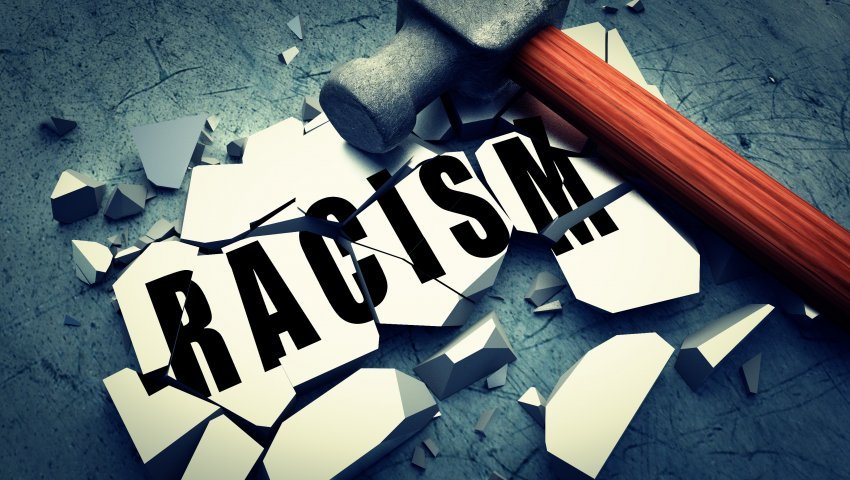
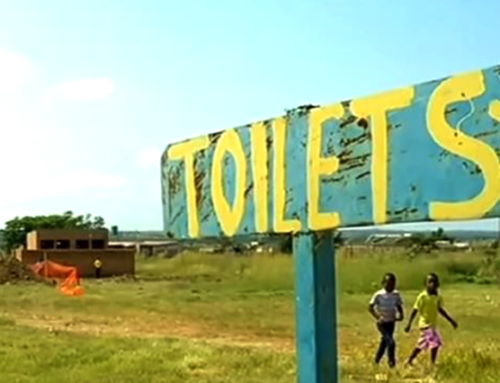
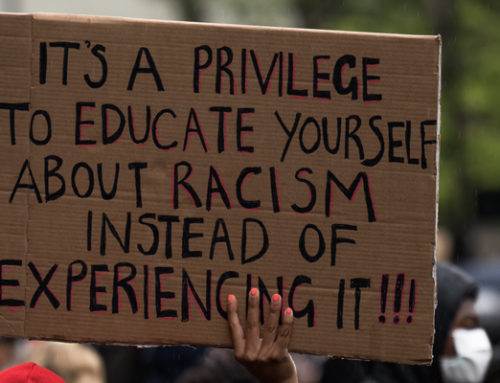
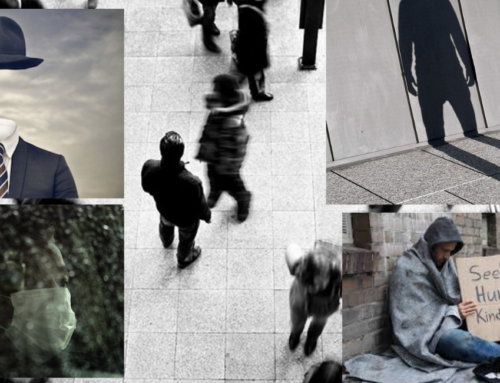
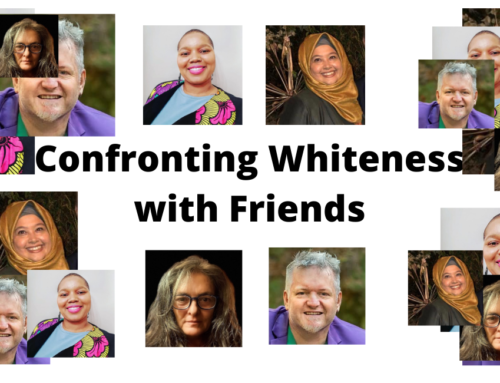
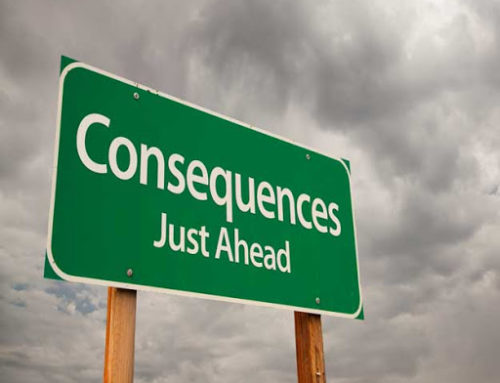
‘STOP BLAMING APARTHEID. I WANNA PUKE!’
When I was a university student during the mid 70s there was no sign that apartheid would ever come to an end. The system was in almost full control of our lives determining where we could live or study or work or which hospital we could go to and even who we could have an affair with. Yes the system determined which beach we could go to, which bus or train coach we could board and which toilet we could go to.
Under the circumstances it is understandable how blacks developed the habit of blaming ‘the system’ or whites, who were supporting the system, for most of their problems. There were spies of the apartheid government almost everywhere. To publicly identify ‘the system’ as responsible for problems experienced by blacks was dangerous because it could provoke spies to identify one as a ‘trouble maker’ which exposed one to harassment by the security police.
In the colloquial language of the youth of my time any act or statement which challenged the system was said to be ‘powerful’ or ‘revolutionary’. It took a brave person to do something revolutionary. For example it was revolutionary to publicly identify the system as responsible for our problems. We called such defiance talking straight or ‘telling it like it is’. People who had the balls to ‘tell it like it is’, anywhere, were highly admired. A leader was expected to have this quality.
Today whites abandoned power and apartheid 25 years ago. The ANC took over and started looting state resources as if there was no tomorrow. The trillions they have wasted could have addressed the so called ‘apartheid legacy’ many times over. It no longer makes sense to refer to the social problems of today as the ‘apartheid legacy’. A lot of these problems are in fact the ‘ANC legacy’. We should at least be talking about the ‘apartheid and ANC legacy’.
The ‘apartheid legacy’ ought only to exist in propaganda documents of the ANC. It is no longer revolutionary to ascribe our social problems to the long defunct apartheid regime. It is pathetic. It is to idiotically act as the puppet of ANC propagandists whose interest is to divert attention away from ANC looting which is the fundamental source of all our social problems today. I can understand how illiterate people are so misled. I cannot understand how university students take this rubbish.
The tragedy is that black people do not have the psychological inclination to solve their own problems. We are only geared to offer the excuse of blaming others for our problems. Instead of focussing on stopping ANC looting people waste their time blaming whites and threatening to confiscate their wealth WITHOUT COMPENSATION. People still complain about low salaries that they get in white companies instead of building their own companies.
The looted trillions were taken out of the economy by ANC elites for conspicuous consumption including paying whores exorbitant amounts for sex. This is the capital that ought to have been invested in infrastructure such as Eskom and other businesses to create jobs. But all the ANC elites know is to loot, destroy capital and blame whites for low salaries and lack of jobs. The first step towards black progress is to teach our toddlers to despise anyone who blames apartheid or colonialism for anything.
Themba Mdlalose
16 November 2019
My Facebook: https://www.facebook.com/themba.mdlalose.77
i wonder if there is a space for Both/And in this? Holding on to the one doesn’t necessarily negate the other. There is still so much evidence today of apartheid legacy that you cannot argue against it – geographically [in terms of who lives where], economically [in terms of who holds the majority of the wealth], sytemically and structurally [in terms of who systems and structures predominantly work for and against], vocationally [white males are still in 2019 the most employed percentagewise] and so on. It’s just a joke if you try to say that the consequences of apartheid are not very much alive in the country still.
But do we have a corrupt government and has there been a lot wasted since they came in to power? It absolutely seems to be the case. And so while there is still a devastating baggage leftover from apartheid, there is definitely a lot more that government could have done and so we have to hold them accountable.
Both/And… not Either/Or.